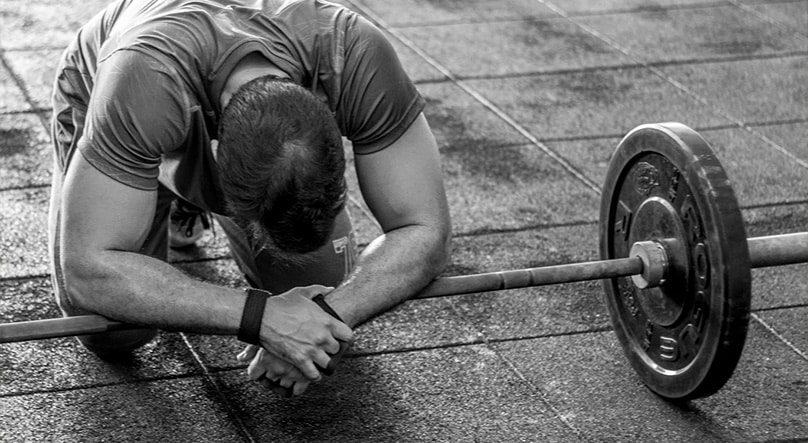Keeping tabs on how our body responds to and recovers from each workout is an important aspect of training. If you can improve your rate of recovery, you’ll be able to cope with higher training volumes and intensities while limiting the negative effects of overtraining. Recovery is different for each person, since there are so many variables involved in the process With that said, there are several factors that all athletes should monitor from workout to workout.
Jump to:
1. Chronic Muscle Fatigue and Soreness
Delayed onset of muscle soreness (DOMS) is unavoidable, but you can alleviate its effects through active recovery. DOMS can last for up to 72 hours following a workout, but if you are diligent with regards to engaging in active recovery, your muscles should feel less and less sore over time. If they are still fatigued and painful three days following your initial workout, there are other elements that you may be avoiding. For example, ensuring that your diet is on point and you’re cutting out inflammatory foods (foods high in refined carbohydrates and processed sugar) and you’re getting enough quality sleep to allow your muscles to recover. If you’re checking all these boxes and still feeling chronic soreness and muscle fatigue, it may be your body’s way of telling you that it needs an extended break.
2. Loss of Appetite
People who train regularly should have a good appetite, since their bodies crave the fats, carbs, and protein needed to fuel their workouts and help their muscles recover and grow. Having a low appetite between training sessions may be a sign of overtraining. Excessive training without proper recovery can cause an increase in hormones such as epinephrine and norepinephrine that tend to inhibit appetite. A lack of sleep and stress (which also comes with overtraining) can have the same effect on an individual’s appetite.
3. Decreased Quality and Quantity of Sleep
Proper sleep is crucial to recovery. Sleep can be impacted by the temperature in the room, light and everyday stress. However, a body that is still recovering from excessive training will make enjoying a deep sleep difficult due to an overactive nervous system. If you’re having trouble returning to the sleep cycle you typically enjoy, it may be another sign that your body is not recovering as well as it should.
4. Lack of Motivation
Some days you may need a little bit of coaxing to get yourself to the gym. But if you feel irritable, mentally fatigued and dreading the chance to train, it may be one of the clearest signs that you aren’t recovering well from your workouts. Just as the body needs to recover, so too does the mind. The high-intensity nature of CrossFit places a high amount of stress on the mind and sometimes athletes have trouble relaxing from that stress once they leave the gym. The problem is exacerbated if the athlete is following programming that doesn’t factor in rest days or variances in intensity. A well-rested mind is a well-recovered one.
5. Resting Heart Rate
Regularly monitoring your resting heart rate—the number of times your heart beats per minute at rest—is a good way to assess increases in fitness as well as tracking indications of overtraining and lack of full recovery. To find your resting heart rate (RHR), use two fingers to find your pulse on your neck or on your wrist. Using a watch or a clock, count the number of beats for 20 seconds, then multiply that number by three to establish your resting heart rate. It’s best to do this in the morning when you first wake up, and you’ll need to keep track of your RHR for at least three weeks before using the data to track your recovery. Once enough time has passed, you can start monitoring your RHR in the days following strenuous workout. If you notice that your heart rate is well above its normal level (7 or more beats per minute above the average from your first three weeks), that’s an indication that you may not be fully recovering from your training. The sympathetic nervous system is a part of the autonomic nervous system, and it’s responsible for triggering the body’s fight-or-flight response to stress. Increased sympathetic nervous activity accelerates your heart rate. So if your heart rate is still high in the days following a workout, it’s an indication that you’re still stressed.















